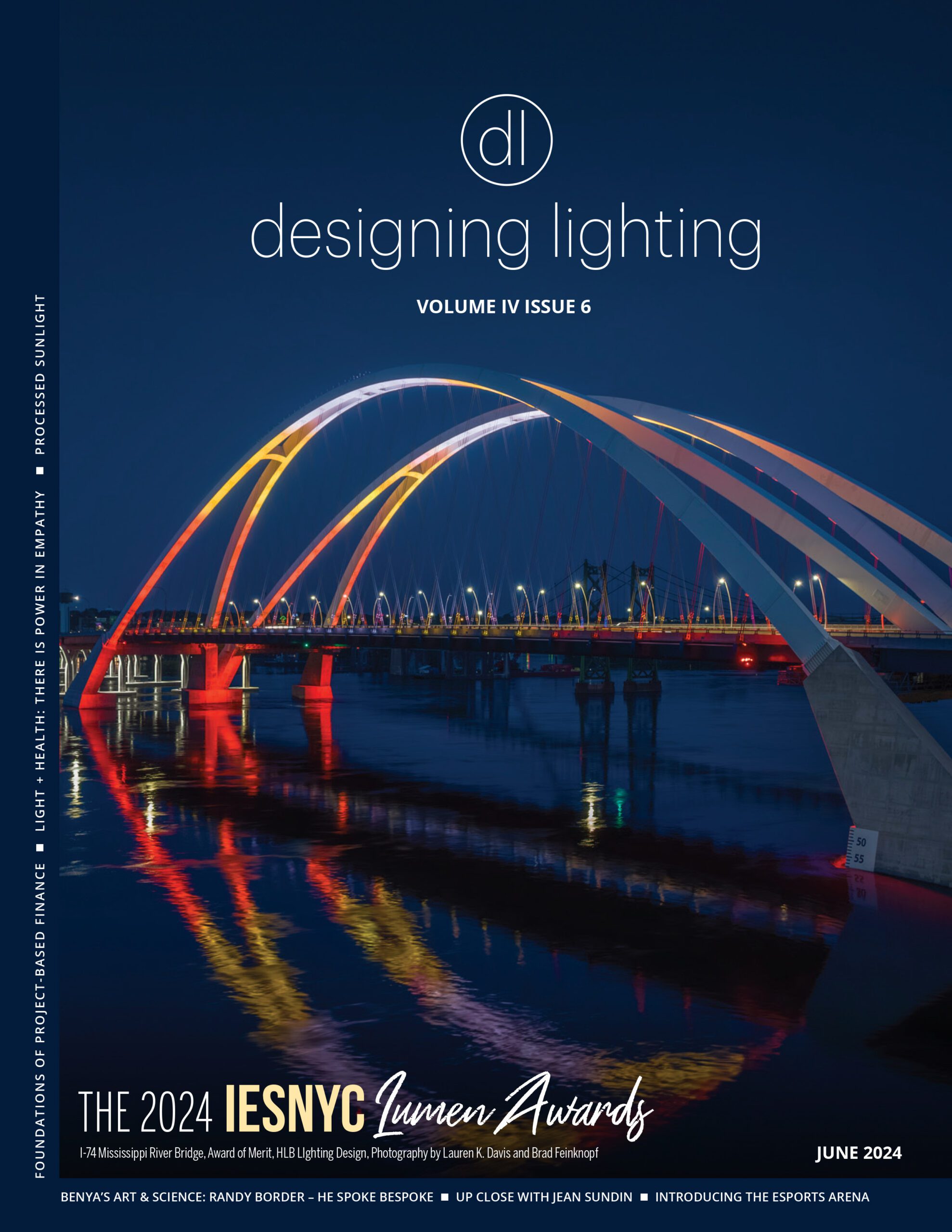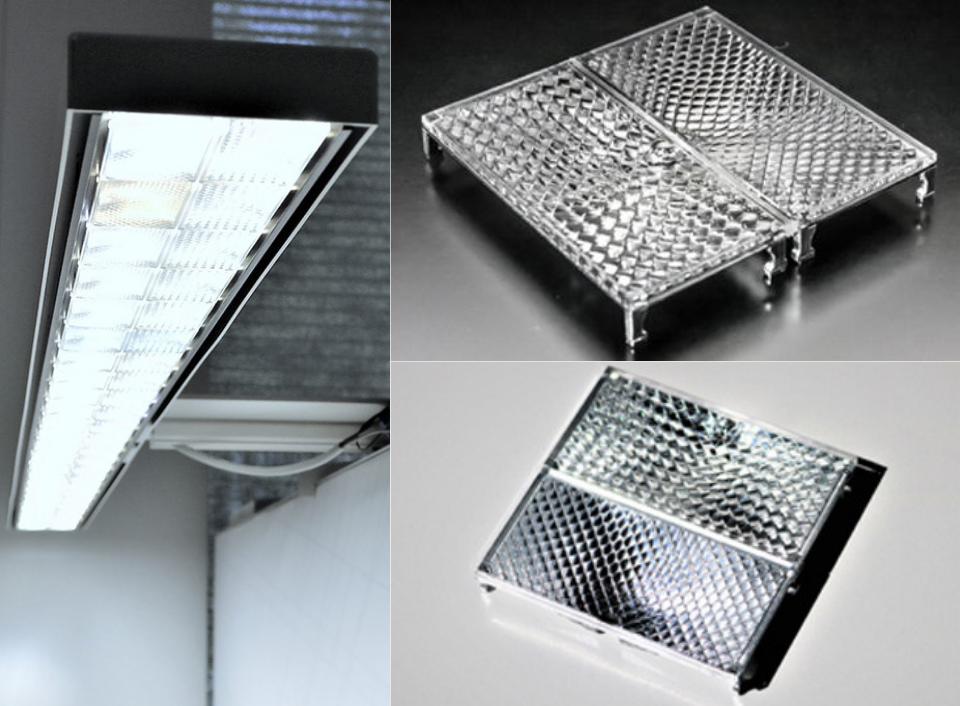A Plan to Revolutionize the European Lighting Industry.
The European research project Repro-light finished at the end of September 2020 after a three-year run. The consortium set out with the aim of supporting the European lighting industry in moving towards a more sustainable future by developing intelligent, modular luminaires, the “Luminaire of the Future”, with interchangeable components and matching smart production processes. After three-years of projects, ReproLight said it had fulfilled its mission and is concluding with Wilfried Pohl from Bartenbach GmbH as the Project Manager.
“Luminaire of the Future” aimed to revolutionize the European lighting industry. As part of the European Commission’s Horizon 2020 work programme, the Repro-light project (re-usable and re-configurable parts for sustainable LED based lighting systems) aspired to successfully initiate a transformation in the European LED lighting industry, by creating the ‘Luminaire of the Future’.
Repro-light was conceived as a European research project to support the European lighting industry in moving towards a more sustainable and competitive future. Led by representatives and driving forces from the European lighting industry, as well as manufacturers, experts on lighting sustainability, and the Social Sciences, the Repro-light consortium possessed the excellence and the influence to not only execute this project successfully but also invoke a sustainable change in the European lighting industry beyond the lifetime of the project.
The consortium was made up of European leading experts including TRILUX, a driving force of the European lighting industry, manufacturers including BJB, Grado Zero Espace, and Rohner Engineering, innovative members of the lighting industry Bartenbach and Luger Research, as well as experts on lighting sustainability and Life Cycle Assessment IREC and Mondragon University who are prominent in Social Sciences.
The main objective of the project was to develop a sustainable, customised and intelligent LED luminaire to meet requirements allowing the reconfiguration by the customers and enhancing health and well-being of workers and the elderly. Despite the burst of the COVID-19 pandemic in early 2020, the project met the proposed initial goals.
The project entailed activities involving innovative technologies and sustainable materials to design a modular luminaire architecture using an intelligent production scheme as part of the circular economy and a custom reconfigurable LED luminaire. These technologies promote the conversion to “the luminaire of the future” to support the European lighting industry in moving towards a more sustainable and competitive future.
IREC in Spain contributed with the environmental sustainability evaluation of the luminaires from the Life Cycle Assessment (LCA) perspective to support the circular economy principles and eco-design strategies. The luminaire design shows that material savings reduced unsustainable extraction of non-renewable minerals around 60% in the electronic component production (for instance, gold used in LEDs) without compromising its performance.
The use of daylight control systems and presence sensing resulted in the reduction of electricity consumption in the use phase which in turn decreased the environmental impact around 30% in carbon foot print and primary energy demand.
Additional efforts are necessary in the end of life of the design to improve material recovery as a secondary source. This is necessary to minimise extraction of virgin materials used in electronics to contribute to the circular economy. Thus, intelligent lighting ensures efficient and environmentally friendly lighting.
Three demonstrations for laboratories, offices and industrial building room environments were installed in Austria, Spain, and Germany, respectively.
The pilot tests held at IREC, Austria and Germany, showed there was good user acceptance regarding the control of the personal table system. The users valued good light quality and the possibility of individual adjustments of the light. This led to an increased perception of well-being for most users, suggesting that both the comfort and sustainability are essential components for the next generation of luminaires.
The Repro-light project developed a workplace luminaire called the Personal Table Light (PTL), which was fully customisable and adapted to both the needs of the individual and the work being done. Through an application on the computer desktop, users could adjust lighting levels, colour temperature and light distribution.

Photo Credit: Bartenbach
The PTL offered users up to 1,500 lux at eye level, compensating for the lack of daylight, and incorporates singlepoint LED controls. The luminaire’s technology can recognise actual user activity to adjust lighting scenes discreetly and automatically. These scenes can also be modified by the user himself.
Thanks to integrated IT protocols, the PTL luminaire supports the incorporation of various sensors to constantly monitor ambient temperature, humidity, air pressure, volatile organic compounds and sound level. In addition, cloud connectivity is available to optionally log all luminaire activities. This allowed the system to be constantly optimised to better adapt to individual needs.
The researchers of the Repro-Light project have succeeded in developing a smart, customisable, user-friendly and sustainable luminaire to improve workplaces while taking visual health into account. The PTL luminaire is the future of human-centric lighting.

Photo Credit: Bartenbach
The Repro-light project harnessed innovative technologies and materials to design a modular luminaire architecture with a smart production scheme as part of the circular economy, a reconfigurable customised LED luminaire, the ‘Luminaire of the Future’.
The LED market is currently midtransformation, shifting its focus from energy efficiency to functional values. This project was perfectly timed to capitalise and lead this transformation, as it was set to change the reputation of the LED luminaire from a disposable object, into a customisable and sustainable product, with a high function value.
The need for projects like Repro-light has been highlighted in several recent white papers, including “Serviceable Luminaires in a Circular Economy” published by LightingEurope. This white paper highlights the value of a circular economy, and it is just such an economy the ‘Luminaire of the Future’ is designed to be part of.

Photo Credit: Bartenbach
This article originally appeared in the February issue of designing lighting



